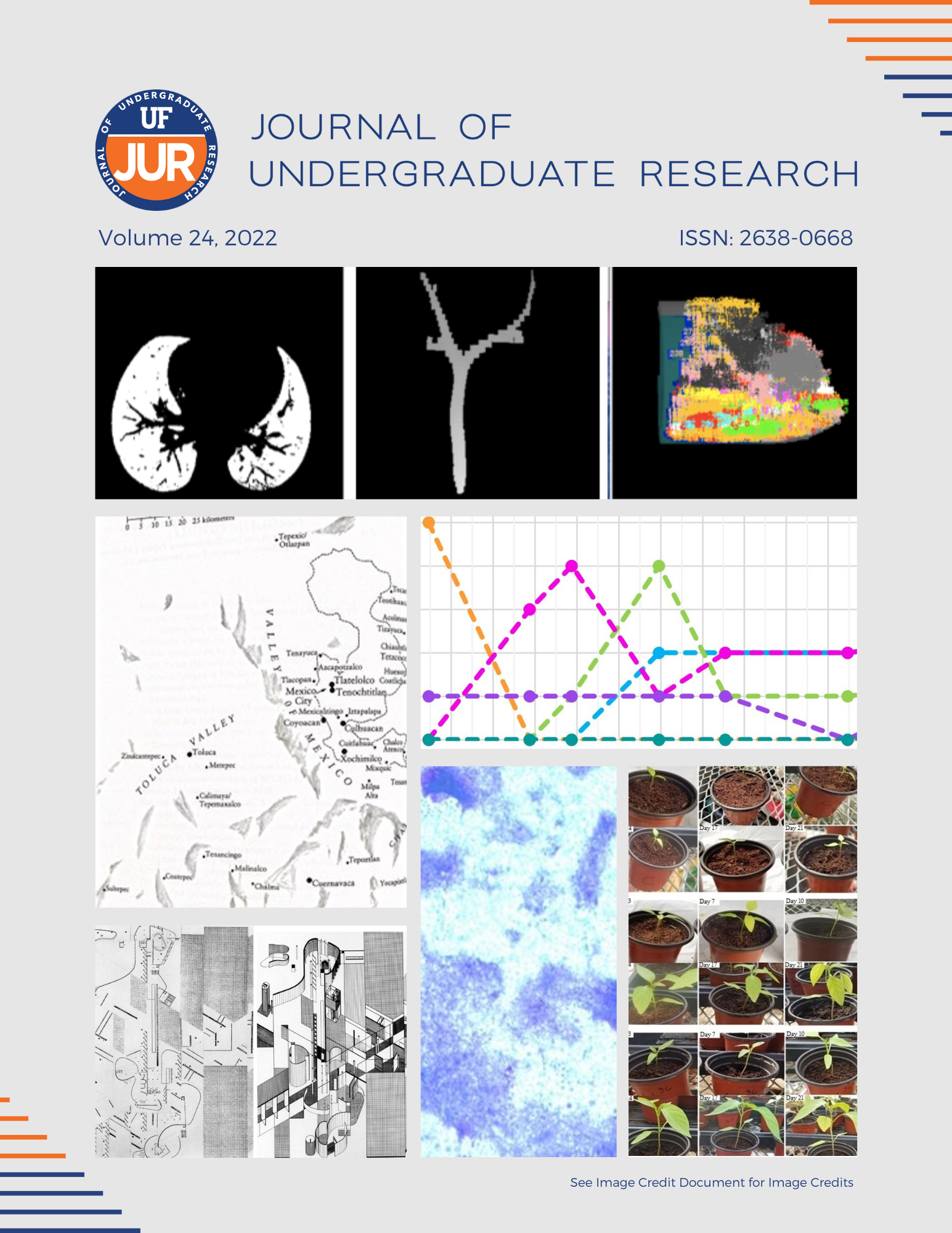Activating Jewish Women’s Bodies with Eugénie Foa (1796-1852) and Hélène Cixous (1937-)
DOI:
https://doi.org/10.32473/ufjur.24.130808Keywords:
Jewish women, France, Women's bodiesAbstract
In a comparative study across genre and nearly two centuries of historical and political ferment, the writings of Eugénie Foa (1796-1852) and Hélène Cixous (1937-), two female French-Jewish writer activists, present through their fictional and autobiographical works, respectively, nuanced criticisms of what for each in their times constituted a control of Jewish women’s bodies. In the context of Foa’s engagement, crafting tales in alignment with popular national narratives, specifically those featuring disenfranchised Jewish female characters, her work takes on the task of reassessing the ancient and modern systems of marriage and divorce that contribute to the systematic oppression of women. Her stories call into question the sinister ways religious and national systems of patriarchal control place Jewish women at the mercy of choices made concerning their bodies. Cixous, with several decades of ardent feminist engagement in her arsenal, turns this lens inward, remembering and reimagining her upbringing in a Jewish family in French-Algeria, one punctuated by war, racism, wide-spread anti-Semitism, and competing nationalisms. She offers a series of stories that illustrate pivotal moments in her understanding, through her own experience and those of whom she was close to, of the ways meanings assigned to women’s bodies contribute to their harmful mishandling by the systems that exploit them. When analyzed together, their works reveal fascinating parallels which the following study explores through specific examples from their texts.
Metrics
Downloads
Published
Issue
Section
License
Copyright (c) 2022 Kristin Soulliere

This work is licensed under a Creative Commons Attribution-NonCommercial 4.0 International License.
Some journals stipulate that submitted articles cannot be under consideration for publication or published in another journal. The student-author and mentor have the option of determining which journal the paper will be submitted to first. UF JUR accepts papers that have been published in other journals or might be published in the future. It is the responsibility of the student-author and mentor to determine whether another journal will accept a paper that has been published in UF JUR.

